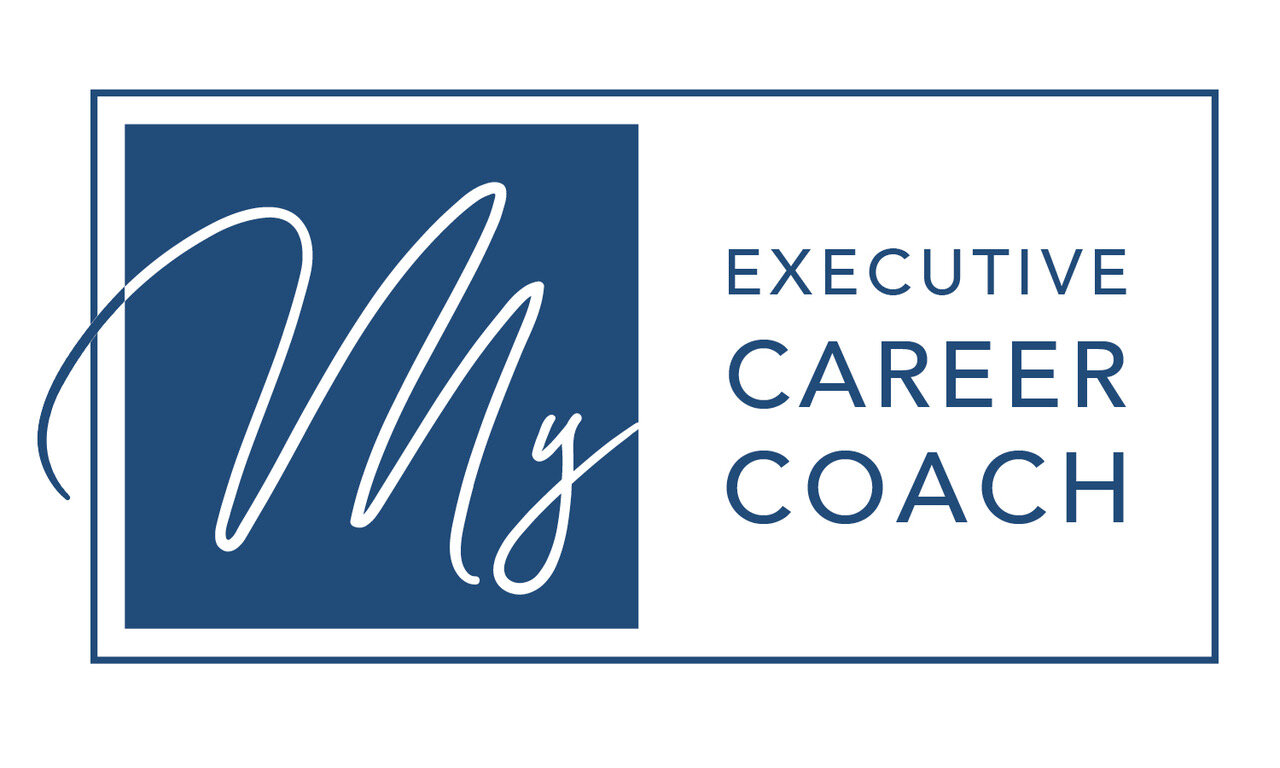By Linda Van Valkenburgh, MS, CCMC, CJSS
While September is Back-to-School for some, for others it is the kickoff of their career campaign. As a result, I thought that it would be a good idea to take a fresh look at a component of the career search process that every jobseeker should be including in their campaign – working with recruiters. In order to do this, I spoke with three recruiters who I have established relationships with to provide valuable insight into the process from their perspective.
The most important theme that I heard them all say leads me to feel that the “R” in recruiter really stands for relationship. Establishing and maintaining a good relationship with a recruiter is very important in the search process. So how do you find a recruiter to start the relationship going? Most point to the same place- The Directory of Executive and Professional Recruiters published by Kennedy Information. This book can be found in the Reference Section of most public libraries as well as online. It contains a wealth of information about recruiters from explanations about the different types of recruiters to how to work with them as well as providing lists of recruiters by geographical location and industry. It is an important tool that you should look at during some point in your career campaign.
Michael Baroody, a retained recruiter at Harvard Group International (www.hgi1.com, [email protected] ), suggests another place to find a recruiter is at www.bluesteps.com. This is a website that connects executives with leading recruiters. It is a site that requires payment to join, however it is a place where you will find leading search firms going to make connections with qualified candidates. Jennifer Scott of Workforce Engine ( www.workforceengine.com ), suggests looking at the website from NPA, www.npaworldwide.com. This is a website devoted to independent recruiters and has a lot of information about independent recruiters and includes an area for job seekers with postings by recruiters. It is a niche job board from that standpoint and deserves consideration as part of your search. There may be other websites with information about independent recruiters, so do your research to find them. Sherri Rosenberg of Sherri Rosenberg Executive Search, LLC ( [email protected] ), recommended using LinkedIn to see who the recruiters are that other contacts have in their connections. In this way, you find recruiters in your industry or functional area. She also reminded me of something very simple that people often forget. Talk to other people and ask for information about the recruiters they used and would recommend.
So now that you have located recruiters, reach out and start a dialogue and relationship. This will help you become and stay top-of-mind as they look for candidates. According to Michael Baroody, it is important to update a recruiter every 6-8 weeks with what you have been doing so that they can see if you are a good fit for a position they are looking to fill. Sherri Rosenberg likened it to planting seeds that germinate over time. While she may not have something now, she may look to reach out in the future to suggest you as a candidate for a position.
Another thought in this networking process is that there is a give and take with recruiters. They appreciate your offers of suggestions of other people as candidates when the position is not right for you. Let’s face facts. In your industry, you know who good potential candidates might be. Helping out a recruiter is appreciated and can pay dividends down the road.
Recruiters also appreciate your looking to see how they want you to work with them. As part of your outreach, Jennifer Scott recommends asking the recruiter how he or she wants you to communicate with them. You want to be respectful of their time and everyone works differently. Find out the preference of your recruiter and follow it.
I asked these recruiters if there were some things that they could say to candidates in today’s job market, what would they be? Their replies included the following:
– Mike Baroody said he would like job seekers to “Understand that the process takes much longer than ever before, so be patient. For each position, there are hundreds of qualified people. If you are working with a search person, trust him or her, as the recruiter is your best advocate.”
– Jennifer Scott advised candidates to “Read the posting and be more discerning about where you send your resume. If a position advertises for certain experience and you do not have it, don’t send in your resume.” She also could not underscore how important proofreading your resume and cover letter are. Lastly, she said “Do not start your letter off with “Dear Sir.”
– Sherri Rosenberg stressed the importance of relationship building and maintaining that relationship even after placement. She stressed the importance of continually making sure that your recruiter has an updated copy of your resume and is aware of the things that you have been doing.
– All three discussed being truthful. This includes the dates on your resume. At some point, these dates will come to the forefront. While they all understand the concerns about age discrimination, your experience got you to where you are today. Have confidence in yourself and this will shine through as part of your passion in conveying who you are and why you are the best candidate for the role.
So here you have a new perspective from recruiters actively working with candidates. Take these suggestions and incorporate them to move you forward in your career search process. If you are struggling in search, please reach out to me at [email protected] or 203-323-9977.
As always, I wish you every success –
Linda
